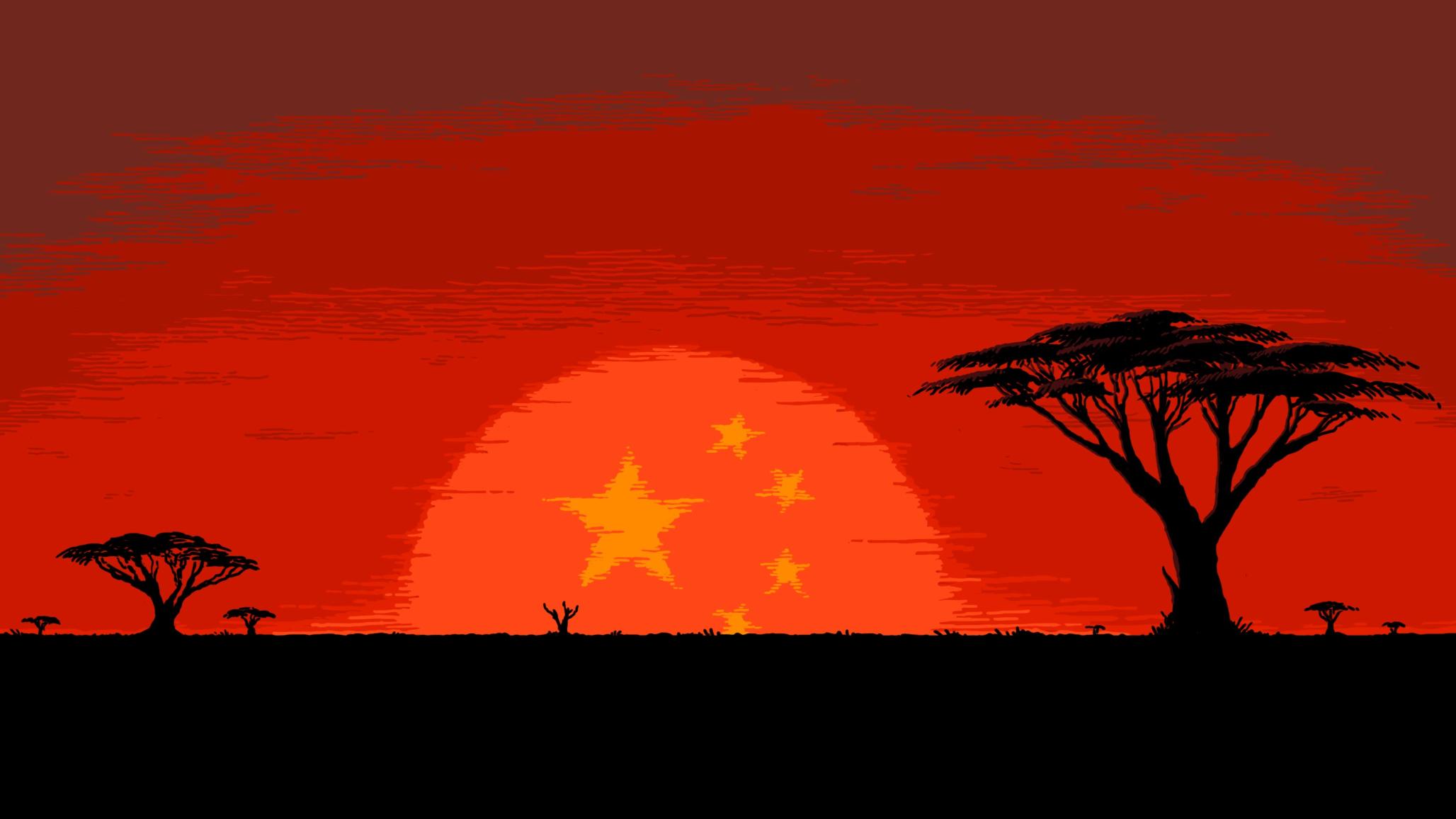The Trump administration’s Africa strategy is rooted in three misconceptions about China’s African footprint—and a fourth about US-Africa economic relations—that are either factually incorrect or overstated in terms of the broader strategic challenges they pose to US interests: (1) Chinese engagement in Africa crowds out opportunities for trade and investment with and from the United States; (2) Chinese engagement in Africa is resource-seeking—to the detriment of US interests; (3) Chinese engagement in Africa is designed to foster debt-based coercive diplomacy; and (4) US-Africa economic linkages are all one-way and concessionary (i.e., aid-based). Hendrix finds little evidence to suggest Chinese trade and investment ties crowd out US trade and investment opportunities. China’s resource-seeking bent is evident in investment patterns, but it is more a function of Africa’s having comparatively large, undercapitalized resource endowments than China’s attempt to corner commodity markets. Chinese infrastructural development—particularly large projects associated with the Belt and Road Initiative—may result in increased African indebtedness to the Chinese, but there is little reason to think debt per se will vastly expand Chinese military capacity in the region. And finally, US-Africa economic relations are much less one-sided and concessionary (i.e., aid-based) than conventional wisdom suggests.
Data Disclosure:
The data underlying this analysis are available here [zip].
Related Documents
- Filepb20-3.zip (29.13 KB)


